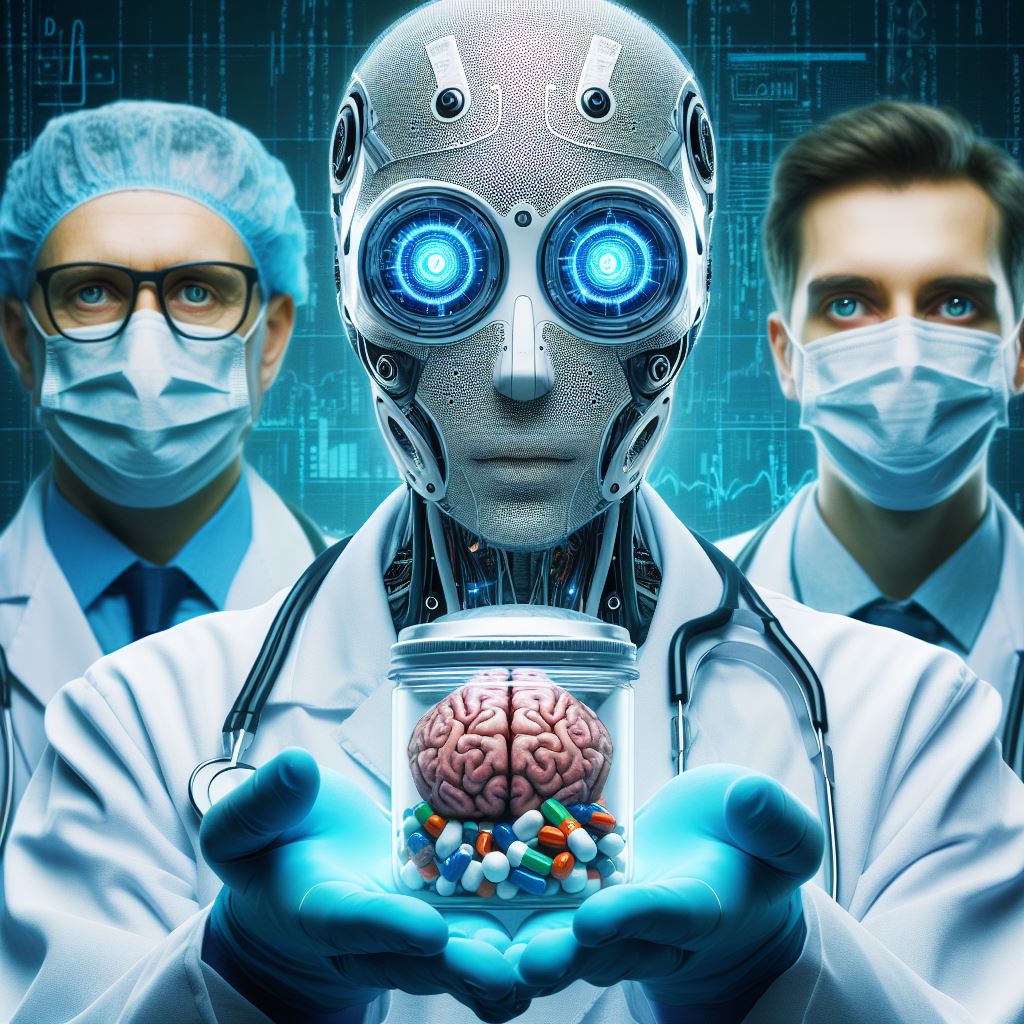
Heart disease remains the leading cause of death in the United States, responsible for one in five fatalities. However, a groundbreaking development at the Mayo Clinic in Rochester, Minnesota, is transforming the landscape of cardiac care. Harnessing the power of artificial intelligence (AI), Mayo Clinic is using advanced technology to screen for heart problems, potentially saving lives and reshaping the way we approach heart health.
Heartbreaking Tragedies: Recent heart-related tragedies, including the untimely death of 22-year-old Reed Ryan, a University of Minnesota-Duluth football player, highlight the urgency of early detection. Ryan's demise, attributed to an undetected genetic heart condition, emphasizes the critical need for improved screening methods to identify hidden cardiac issues that can strike even the seemingly healthy and fit.
AI's Role in Detection: In a significant turn of events, AI is emerging as a game-changer in the realm of cardiac care. Dr. Michael J. Ackerman, a cardiologist at Mayo Clinic, played a pivotal role in training AI to analyze 12-lead electrocardiograms (ECGs). This innovative approach allows AI to identify over a dozen heart conditions that could lead to sudden cardiac arrest, offering a more comprehensive and efficient screening process.
Expanding the Reach: The shortage of cardiologists, predicted to worsen over the next decade, poses a significant challenge to timely diagnosis. AI, as envisioned by Dr. Ackerman, addresses this shortage by expediting the detection of cardiac issues with remarkable accuracy. This revolutionary technology streamlines the initial screening process, allowing human intervention only for the 1% flagged by the AI.
Diverse Applications of AI: Mayo Clinic's AI initiatives extend beyond ECGs. Collaborating with AliveCor Inc., they developed a mobile device, the KardiaMobile 6L EKG, capable of identifying patients at risk for sudden cardiac death. Furthermore, Mayo Clinic's AI is integrated into Apple Watches, detecting weak heart pumps, and into digital stethoscopes, identifying pregnancy-related heart diseases.
Industry-wide Advancements: The impact of AI on cardiac care is not limited to Mayo Clinic. Across the nation, various entities are leveraging AI for early detection and diagnosis. San Francisco-based Viz.ai gained FDA approval for their hypertrophic cardiomyopathy AI detection algorithm, while the University of Pittsburgh Medical Center's machine learning model uses ECG readings for faster and more accurate heart attack diagnoses.
Hope for the Future: The transformative potential of AI in cardiac care offers hope for a future where early detection becomes the norm. Dr. Ackerman believes that these technological solutions are reshaping the landscape of screening for sudden death-predisposing heart conditions. As Mayo Clinic continues to refine and validate AI algorithms, widespread FDA approval for the technology is anticipated within the next three years.
Conclusion: In the race to combat heart disease, AI is emerging as a powerful ally. Mayo Clinic's pioneering efforts, coupled with industry-wide advancements, signal a paradigm shift in cardiac care. The integration of AI in screening processes not only addresses the shortage of healthcare professionals but also promises to save lives by identifying hidden cardiac issues before they escalate. The future of cardiac care looks brighter, thanks to the transformative potential of artificial intelligence.